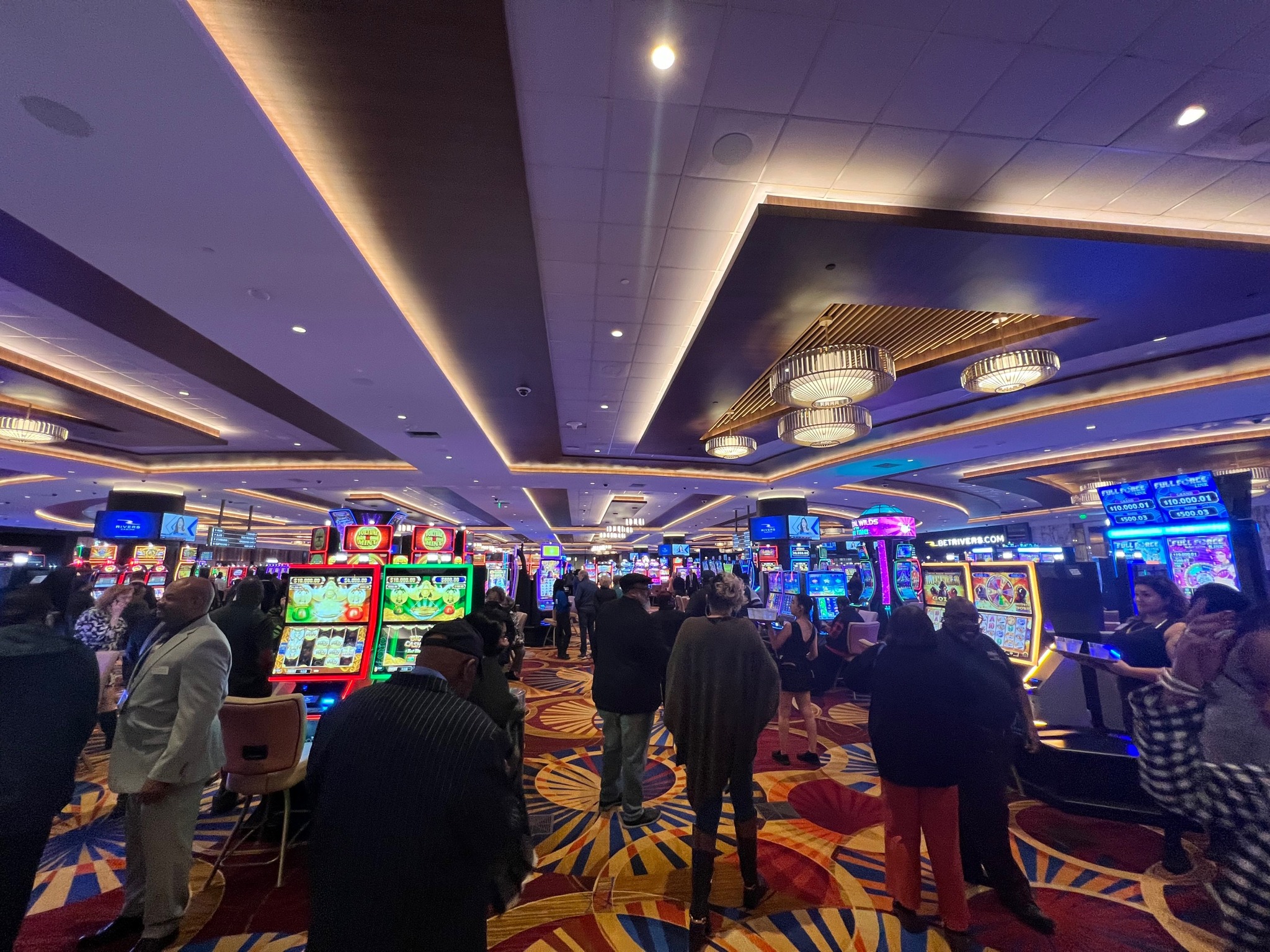
Casino games have captivated players throughout history, progressing from easy diversions to complex experiences that combine chance, skill, and fun. From the historical origins of gambling in societies including ancient Mesopotamia and Rome to the glitzy corridors of modern casinos, the journey of these games uncovers much about human nature and our interaction with risk. As cultures have merged and innovation has progressed, casino games have evolved, illustrating societal changes and innovations in gameplay.
The earliest forms of gambling likely involved elementary games involving dice and betting on the outcomes of sporting events. Through the years, these basic forms of gambling grew into more structured games like playing card games, roulette, and the myriad one-armed bandits that fill casino floors today. Every generation brought its own set of rules, design elements, and sociocultural significance. At present, casino games continue to evolve with the rise of online platforms, enabling players from all corners of the globe to join in a shared experience, further blending the traditional with the age of technology.
Initial Beginnings of Casino Games
Gambling activities have origins that reach back to ancient civilizations, where gambling was deeply integrated in cultural traditions and cultural customs. The initial known forms of gambling appeared in Mesopotamia around 3000 BC, including basic dice games made from bone bones. These initial games laid the basis for more advanced gambling games, demonstrating humans’ instinctive urge to seek wealth and amusement through luck.
As civilizations progressed, so did their gambling pursuits. In historic Chinese culture, around 2300 BC, tiles were found that resembled primitive rudimentary versions of a lottery game. More organized forms of gambling arose in the Roman Empire, where activities of chance were a popular pastime, often occurring in community events. The ancient Romans developed different wagering games, which composed die and table games, showing the pervasive nature of gambling across different social strata.
With the flow of years, these early games influenced the progress of modern casino games. In the Middle Ages, card activities grew prevalent in European culture, paving the way for the professional gambling establishments we know today. The change from casual betting to organized gaming in pubs and personal houses marked a significant shift in how people engaged with games of luck, leading to the subsequent creation of gaming houses as specialized venues for gambling.
The Emergence of Current Casino Gaming
The final 20th century marked a crucial shift in the realm of gaming, propelled by tech innovations and transformations in cultural attitudes towards betting. The introduction of personal computers and the World Wide Web altered the way players engaged with their beloved games. Online casinos emerged, allowing gamers to enjoy traditional table games like Texas Hold’em and 21 from the convenience of their houses. This new digital landscape not only expanded availability to gambling options but also attracted a newer demographic who found the comfort and variety tempting.
As online gambling gained traction, so did innovations in gaming technology. The creation of sophisticated software and graphics transformed conventional casino games into captivating adventures. Players could now interact with realistic live dealers through real-time broadcasts, importing the atmosphere of brick-and-mortar casinos directly into their homes. This fusion of in-person play with digital interfaces created a novel combination that elevated the community element of gambling, allowing it possible for people to engage and compete with fellow gamers around the planet.
Moreover, the growth of gaming on mobile devices significantly changed the gambling environment. With the widespread use of smartphones and tablets, players can access their beloved gaming options anywhere, anytime. Mobile apps offer a wide selection of options customized for mobile screens, serving the fast-paced lifestyle of modern users. This availability has led to rising participation in casino games, driving the rapid expansion of the gambling sector. As a result, the outlook of the gaming industry continues to progress, adapting to new technologies and shifting consumer preferences. kèo nhà cái
The Impact of Technology on Casino Games
Technology’s advancement has significantly transformed casino games, improving the overall experience for players for gamblers globally. With the introduction of the internet, online casinos were created, allowing players to enjoy their favorite games from the comfort of their homes. This shift not only made casino games more available but also increased the variety of games available, as online platforms could host numerous variations of traditional games without the limitations of physical casinos.
Mobile technology further transformed the casino gaming landscape. With the proliferation, players now have the ability to engage in casino games anytime and anywhere. This mobility has led to the development of dedicated mobile applications and optimized websites that offer smooth gaming experiences. Additionally, innovations such as live dealer games have delivered the genuine feel of a casino into players’ homes, connecting between physical and online gaming.
Furthermore, advancements in artificial intelligence and VR are paving the way for the next generation of casino games. AI improves game design and player interaction, creating tailored experiences based on user behavior and preferences. Meanwhile, virtual reality offers immersive environments where players can interact in a virtual casino environment, making the gaming experience more exciting and realistic. As technology continues to evolve, the future of casino games seems bright, filled with endless possibilities for innovation and entertainment.
